Renting vs. Buying in the GTA (2025): Which Puts You In A Better Place For Your Future?
If you live in the Greater Toronto Area (GTA), chances are you’ve debated whether to buy a home or keep renting and put your money elsewhere. In 2025, that question matters more than ever.
At REC Canada, we’ve helped thousands of Insiders make informed real estate decisions—and one thing’s clear: building wealth doesn’t always mean owning the roof over your head. Sometimes, it means owning the right assets instead.
Let’s break down the numbers, explore your options, and help you decide what’s right for your future.
💸 Renting Is Still Cheaper—But There’s More to the Story
In 2025, renting is often significantly cheaper than carrying a mortgage in the GTA. Below is a chart that shows your monthly housing costs when you are renting vs owning.
This chart illustrates the average monthly rent compared to estimated mortgage payments across different home types in the Greater Toronto Area. In 2025, renters can save between $1,000–$2,500 per month depending on property type, freeing up capital that could be redirected into investments. While owning builds equity, renting offers immediate cost savings—and the potential to build wealth through strategic financial planning.
*Estimated Mortgage Payment was calculated with a 5% Interest rate*
📈 A Real-World Example: Renting and Investing the Difference
Let’s say you choose to rent and put your extra money into a passive real estate investment instead.
Initial investment: $10,000
Monthly contribution: $500
Annual growth: 10% (compounded)
Here’s how that stacks up after 10 years:
That’s nearly $60,000 in passive growth—no tenants, no renovations, no mortgage stress.
🔎 What Are Investors Doing Instead of Buying?
When clients at REC Canada choose to rent instead of buy, they’re not sitting on the sidelines—they’re investing smarter. Here are a few options our Insiders are actively exploring:
🏘️ 1. Residential Properties in Tertiary Markets
Think Welland, Orillia, or Belleville—markets outside the GTA where purchase prices are lower, rental demand is steady, and positive cash flow is still possible. Investors are buying duplexes, bungalows with basement units, or even triplexes with under-$100K down.
🏢 2. REITs (Real Estate Investment Trusts)
These hands-off investments pool capital from many investors to purchase income-generating properties—like shopping centers, apartment buildings, or industrial assets. REITs often offer 8–10% annual returns, and some can be held in RRSPs or TFSAs, growing tax-free or tax-deferred.
🏗️ 3. Pre-Construction Opportunities
Buying a condo during early sales phases in a master-planned community allows investors to lock in pricing before the building is complete. Often, no mortgage is needed during construction, and the unit can appreciate in value before closing.
Want to understand how these master-planned areas work? Check out our Master-Planned Communities Guide (PDF).
With the right location—often near transit or schools—these properties become powerful tools to build equity with less upfront work.
🧠 Renting with a Plan: Why It Can Outperform
Renting isn’t about standing still. With a smart investment strategy, renting can mean:
✅ More liquidity and flexibility
✅ Diversification across multiple income-generating assets
✅ Strategic use of registered funds and tax-efficient structures
✅ The ability to leverage capital toward long-term goals
Homeownership, on the other hand, can limit your options—especially when all your wealth is tied up in one property.
Remember: a home you live in doesn’t pay you. But an investment property, REIT, or pre-construction unit might.
Want to learn how to spot and analyze strong cash-flowing properties? Watch:
▶️ Finding Cash Flow in Today’s Market: How to Analyze Turnkey Investment Opportunities
🔑 Final Word: Wealth Is Built With Intention
At the end of the day, it’s not about renting or owning—it’s about what you do with your money.
Renting may cost less month-to-month, but what matters is how you deploy your freed-up cash.
In 2025, we’re seeing more investors build serious wealth by:
Renting for flexibility
Buying strategically for returns
Thinking beyond the traditional path
With the right plan, both paths can lead to success. But if you’re looking to build wealth—not just own a home—you owe it to yourself to explore what’s possible.


